ICCB Sponsors
SCB and the SCB Oceania Region are grateful for the support of all ICCB sponsors for their commitment to helping conservation professionals around the world to conserve Earth's biodiversity.
.jpg)
The Rufford Foundation
The Rufford Foundation is a UK registered charity which funds nature conservation projects across the developing world. The flagship Rufford Small Grants Programme gives funding to individuals working in developing countries who are starting on the ladder of conservation research and establishing pilot programmes. In some cases, if their work progresses well, these individuals may apply for one of the further grants from the Foundation. Since the Rufford Small Grants Programme was set up over 20 years ago, it has given in excess of £30 million through more than 5100 grants to projects in over 150 countries. The programme identifies scientists at the very early stages of their careers and provides targeted support to enable them to achieve their goal of making a difference in terms of conservation. Many recipients have gone on to be key influencers at a national and sometimes global level.
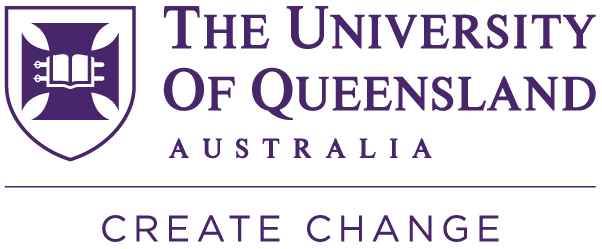
The University of Queensland (UQ) – SENV: Leading the Way in Biodiversity and Conservation Science
The University of Queensland (UQ) is a globally recognised institution committed to driving positive change through research, teaching, and innovation. With a rich 100+ year history, UQ stands as one of Australia’s top universities, ranking among the best in the world and continually pushing the boundaries of knowledge to create a better future (UQ is ranked #40 in the world, QS World University Rankings 2024). UQ’s commitment to excellence is reflected in its teaching, with more national teaching awards than any other Australian university, and in its robust research programs that span six faculties, eight research institutes, and over 100 research centres.
UQ’s School of the Environment (SENV) plays a pivotal role in the university’s dedication to addressing some of the planet’s most pressing environmental challenges, particularly in the area of conservation science. The Centre for Biodiversity and Conservation Science (CBCS), as part of SENV, is internationally recognised for its groundbreaking research and innovative approaches to conservation. The Centre is home to a dynamic community of over a hundred highly respected conservation scientists, working at the forefront of conservation research and practice, both domestically and internationally.
With a strong focus on interdisciplinary collaboration, the School of the Environment brings together experts from various fields, including bioinformatics, environmental management, geographical information systems (GIS), statistical analysis, artificial intelligence (AI), and quantum computing. This integration of cutting-edge technologies allows UQ to push the boundaries of what is possible in conservation science, enabling the university to tackle complex environmental issues with an innovative, data-driven approach.
The university’s strong relationships with conservation agencies and organisations, coupled with its commitment to training the next generation of conservation leaders, makes UQ an essential player in global conservation efforts.
With its unparalleled research expertise, world-class facilities, and a growing community of passionate conservationists, SENV at The University of Queensland is leading the way in creating impactful, lasting change for biodiversity and conservation on a global scale. SENV welcomes research and teaching collaboration, including articulation pathways, research collaboration, contract research, contract educational services, industry sponsored student projects, scholarships and awards. Partner with us: senv.engagement@uq.edu.au.
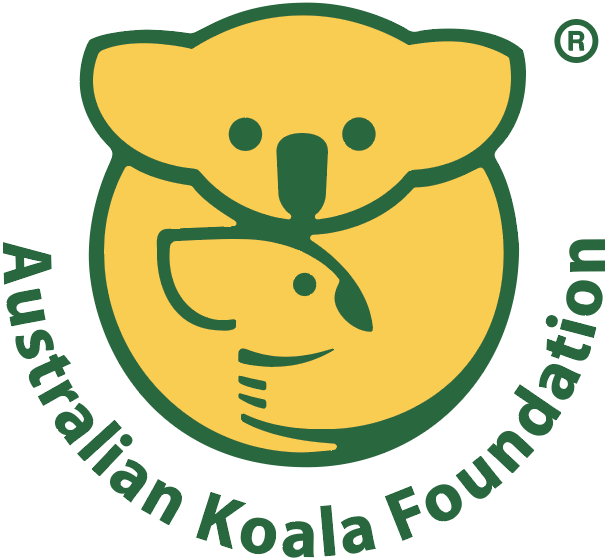
Australian Koala Foundation
We are delighted that we are able at this conference to show and share the incredible mapping project of the Koala Habitat Atlas. This project has taken around 23 years and approximately $20 million dollars to fund the scientific research and fieldwork. We are proud to say that we have now ranked and identified Koala habitat by categories. Primary, Secondary A and Secondary B.
This has been a meticulous process of relentless pursuit with our Landscape Ecologist Dr. David Mitchell and Mr. David Staines – both of whom have committed those years to getting it right. Both men will be at the booth and will look forward to any questions.
We believe that the Koala is probably the only species on the planet to have had its entire geographic range mapped in this fashion.

Ai2, EarthRanger and Skylight
At Ai2, we’re not just creating AI; we’re shaping a future where this powerful technology is used to solve the world’s biggest problems. As global temperatures rise, extreme weather events become more frequent and severe, and the biodiversity crisis deepens, our state-of-the-art technologies empower faster, smarter decisions that drive real-world impact. We work at the cutting edge of innovation, built on a foundation of true openness. From tackling wildland fires and improving our understanding of climate change to tackling illegal fishing with Skylight and supporting wildlife conservation efforts through EarthRanger, Ai2’s conservation technologies are relied on by governments and NGOs worldwide. As a nonprofit institute with deep expertise in AI and conservation technology, our world-class research and engineering teams push the boundaries of what’s possible.

QUT
QUT is leading the way in solutions to complex, global conservation challenges, bringing together different disciplines, partnering with industry, government and research partners, and delivering technologies that drive positive change. The QUT Resilience Centre brings together interdisciplinary research to tackle major global and local challenges in environmental sustainability, biodiversity conservation, and resilience. Researchers are experts in environmental, social, economic, and technology dimensions of environmental systems with a focus on practical outcomes for governments, industry, and society. At the School of Biology and Environmental Science, researchers study how genes, species and ecosystems evolve, function and can be conserved or restored, with research teams addressing challenges ranging from food security to invasive species to climate change. In the School of Mathematics, the Applied Mathematical Ecology Group develops models and methods that will improve our understanding and conservation of biodiversity. A partnership between the School of Computer Science and the Australian Acoustic Observatory has made possible a multi-year continental-scale acoustic sensor network across multiple Australian ecosystems that provides freely available data to all.
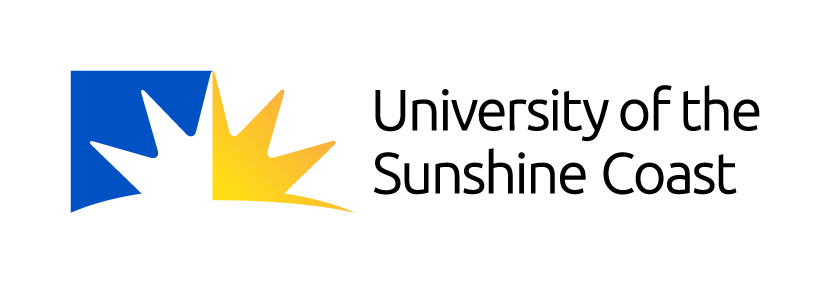
University of the Sunshine Coast
For a better tomorrow.
Tomorrow is an exciting place. It’s also a place full of unprecedented global challenges. With future-focused degrees, world-leading sustainability research and 5-star teaching, we share our knowledge, experience and tools to create a better tomorrow for all.
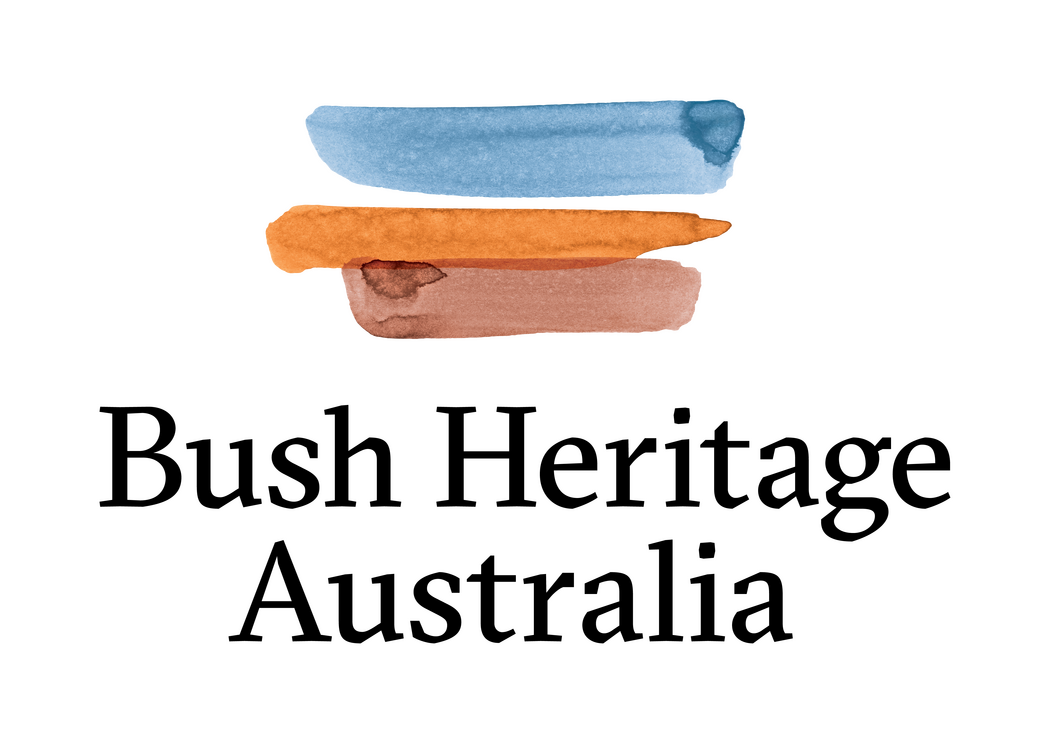
Bush Heritage Australia
Bush Heritage Australia is a leading not-for-profit conservation organisation that protects ecosystems and wildlife across the continent. We use the best science, conservation and right-way knowledge to deliver landscape-scale impact. We’re on the ground, working with Aboriginal and Torres Strait Islander people and the agricultural sector to make sure our impact is deep, sustainable, and collaborative.

Paul G. Allen Family Foundation
The Paul G. Allen Family Foundation was founded by philanthropists Jody Allen and the late Paul G. Allen, co-founder of Microsoft. The foundation supports nonprofit partners working across science and technology solutions to protect wildlife and habitats, preserve ocean health, and combat climate change to create lasting impact.


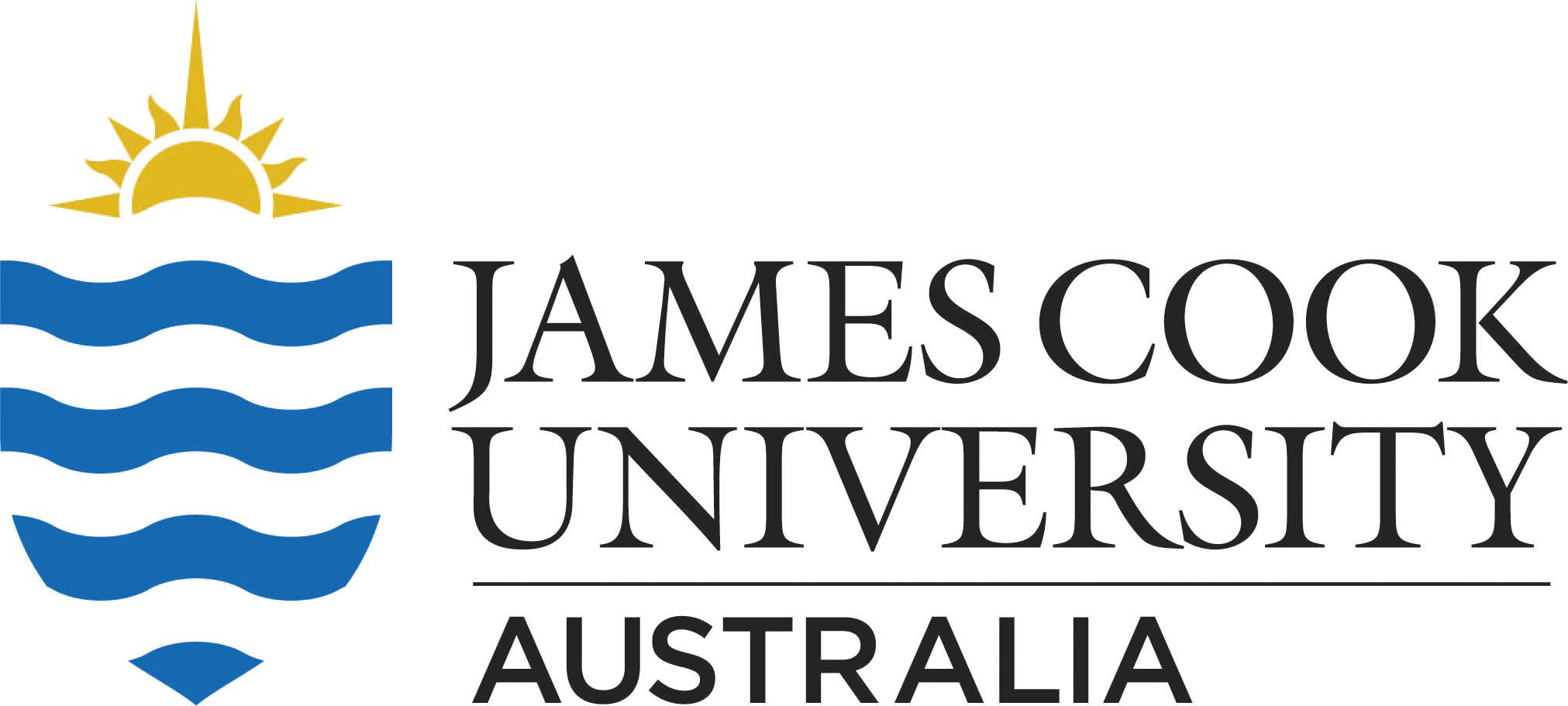
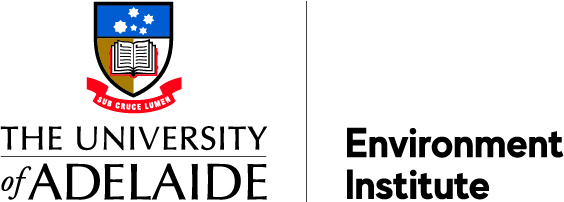


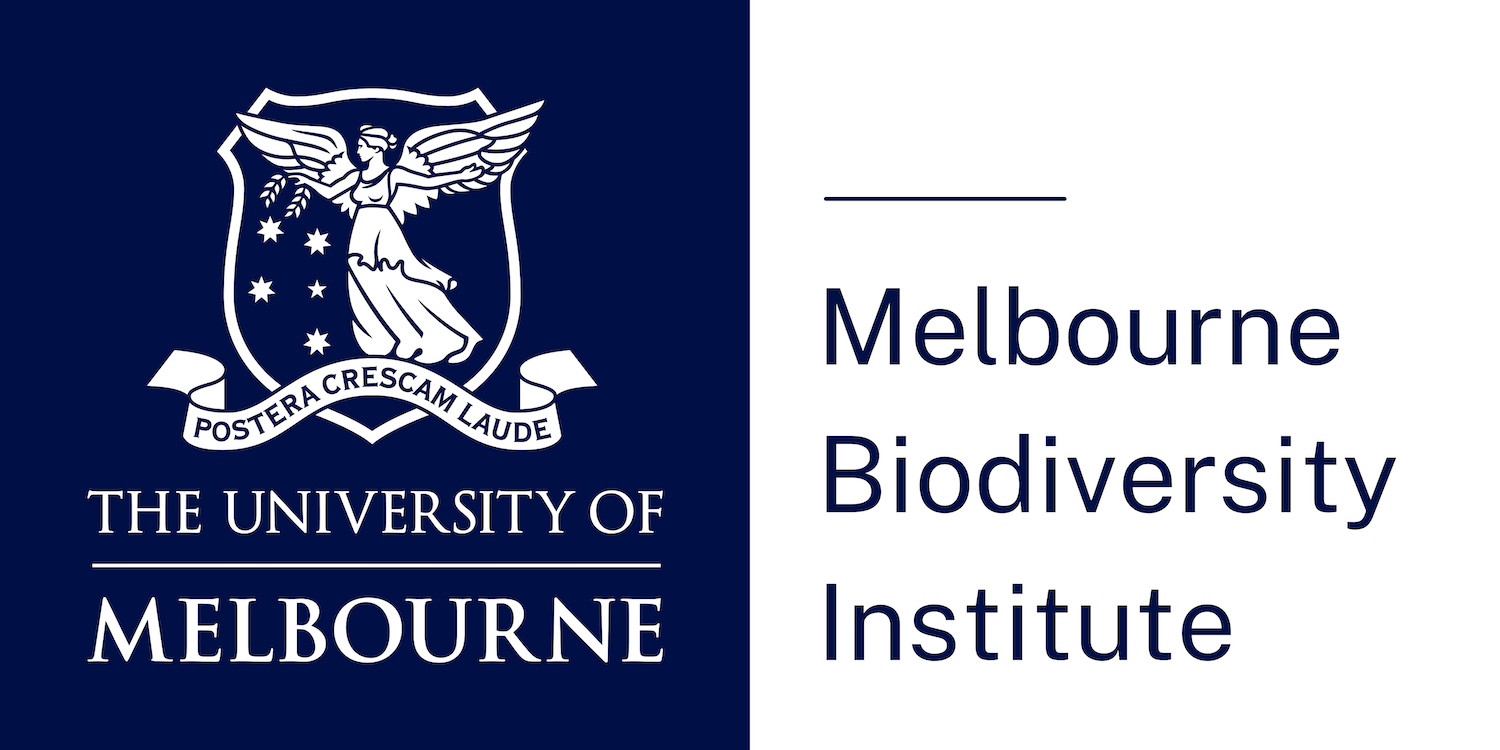
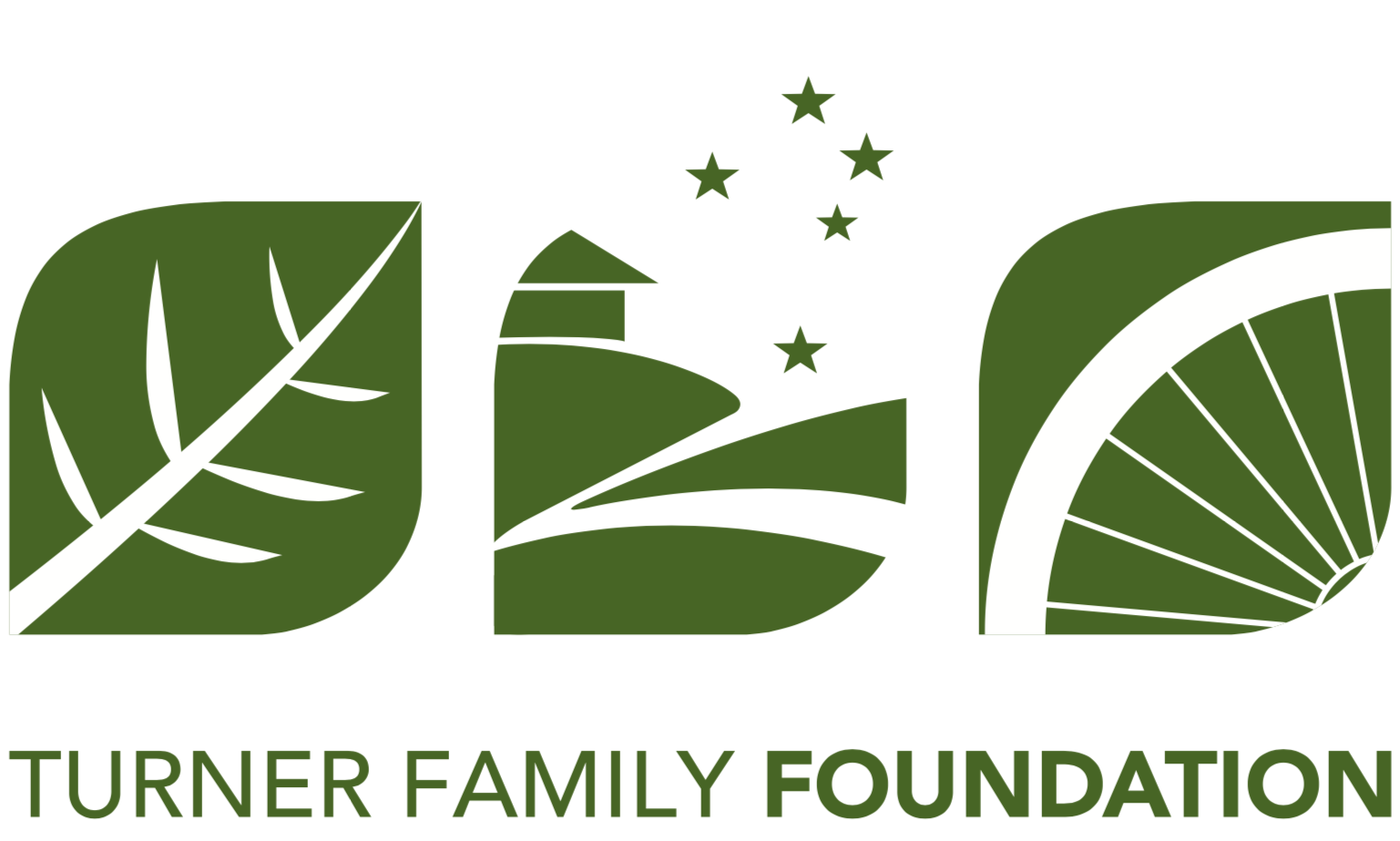
.png)

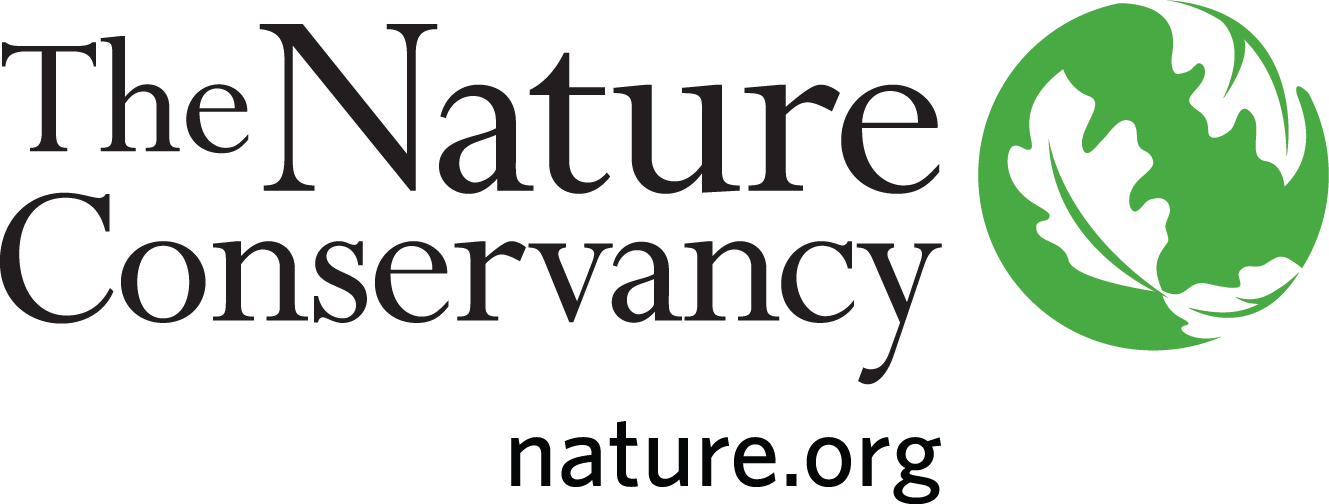
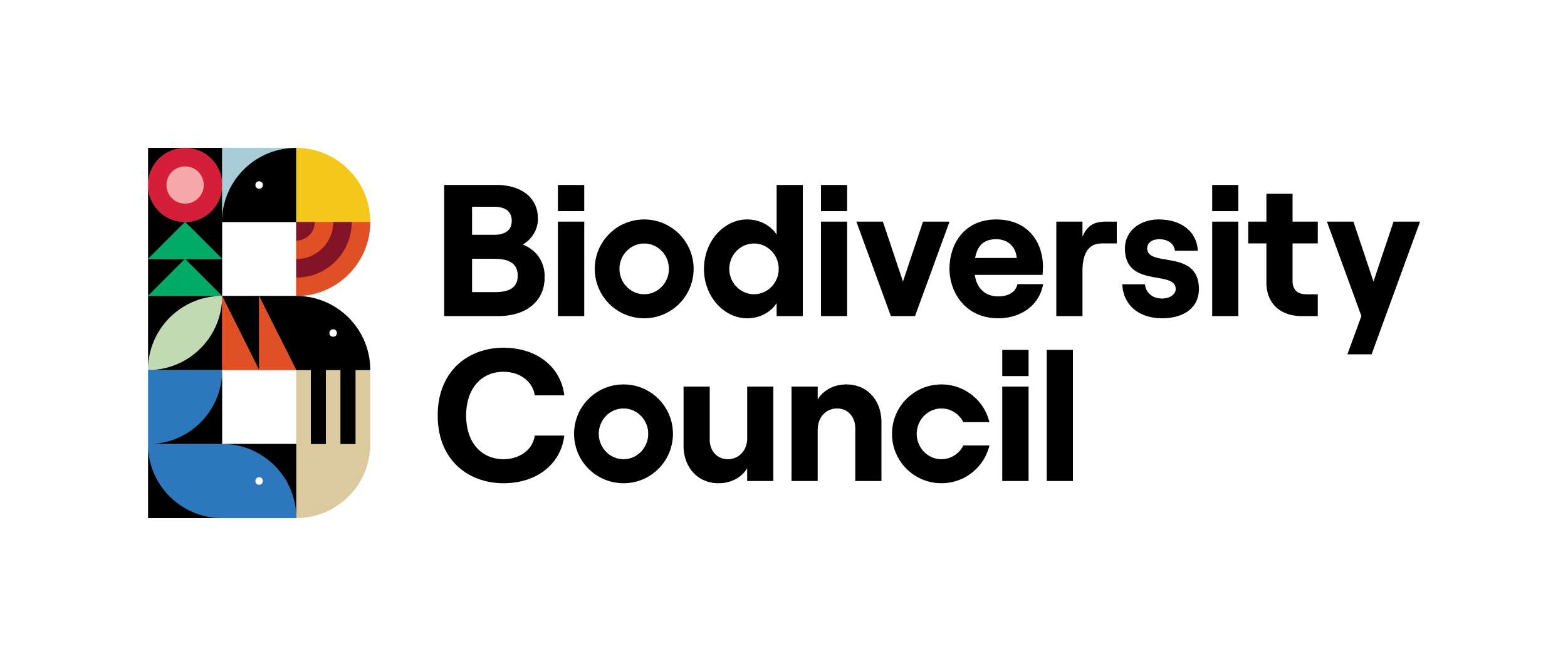

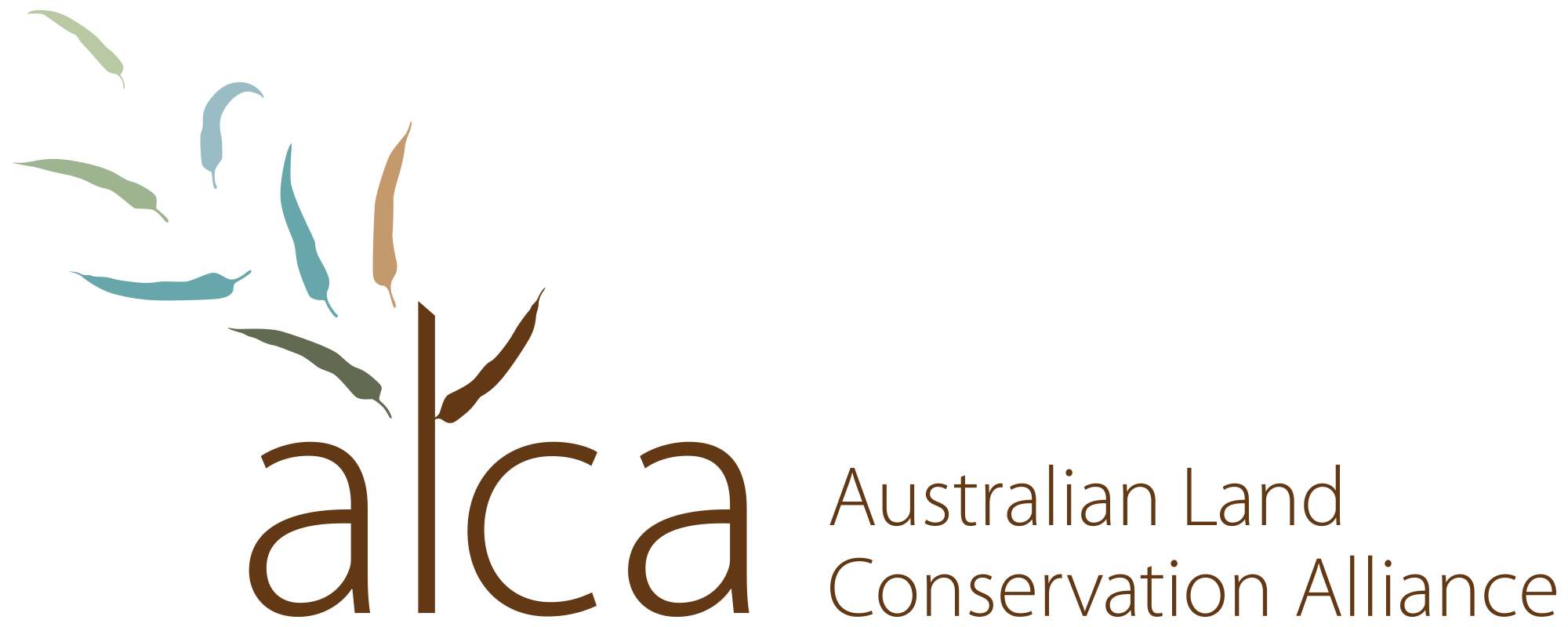


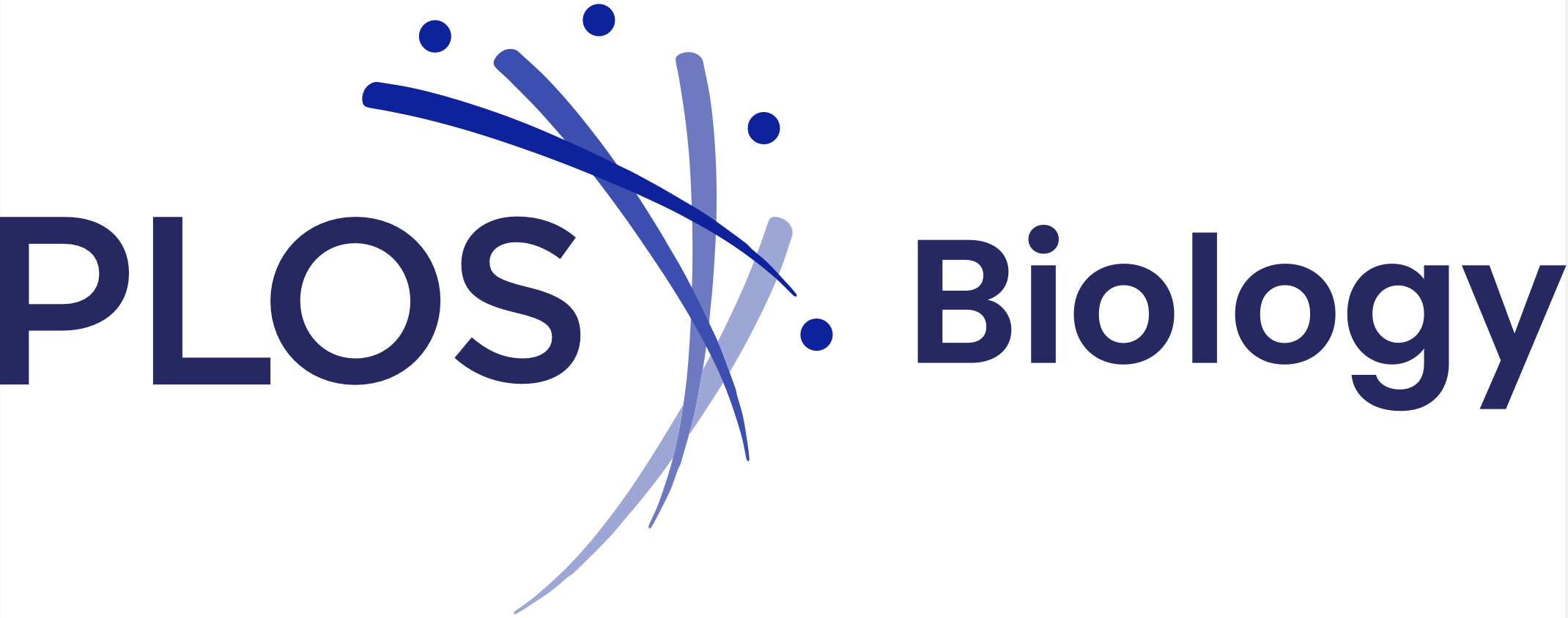






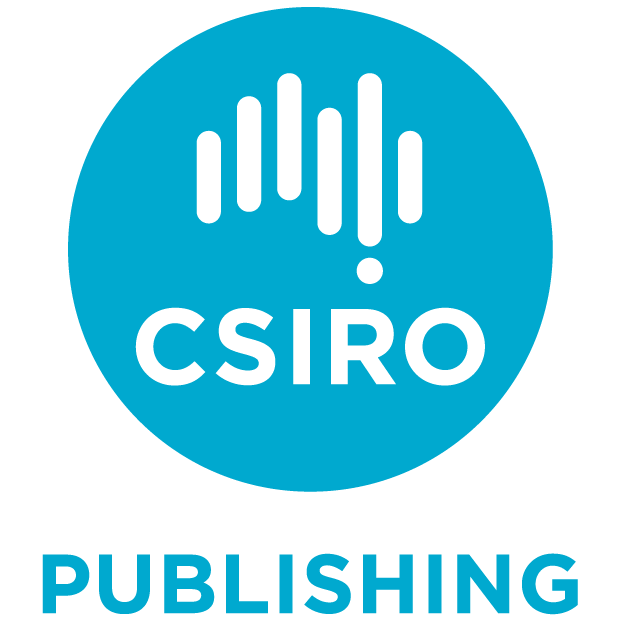

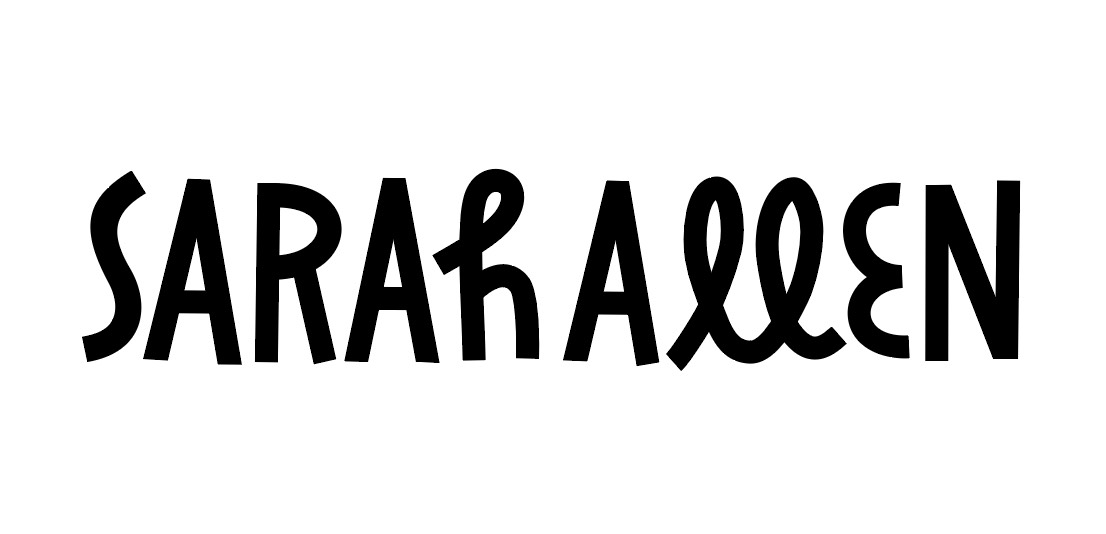
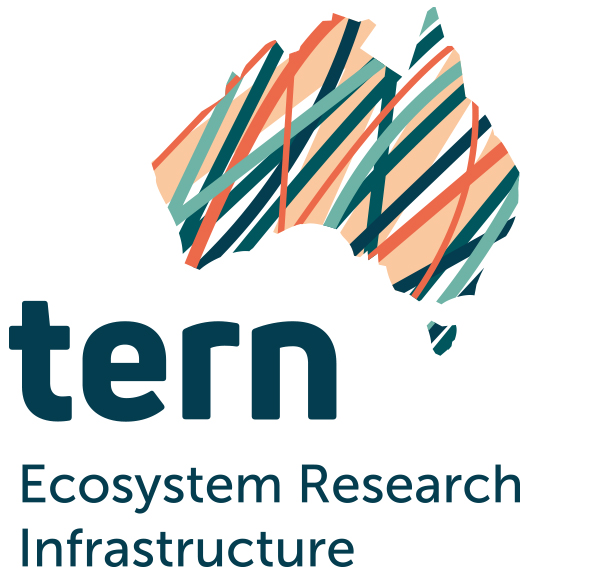
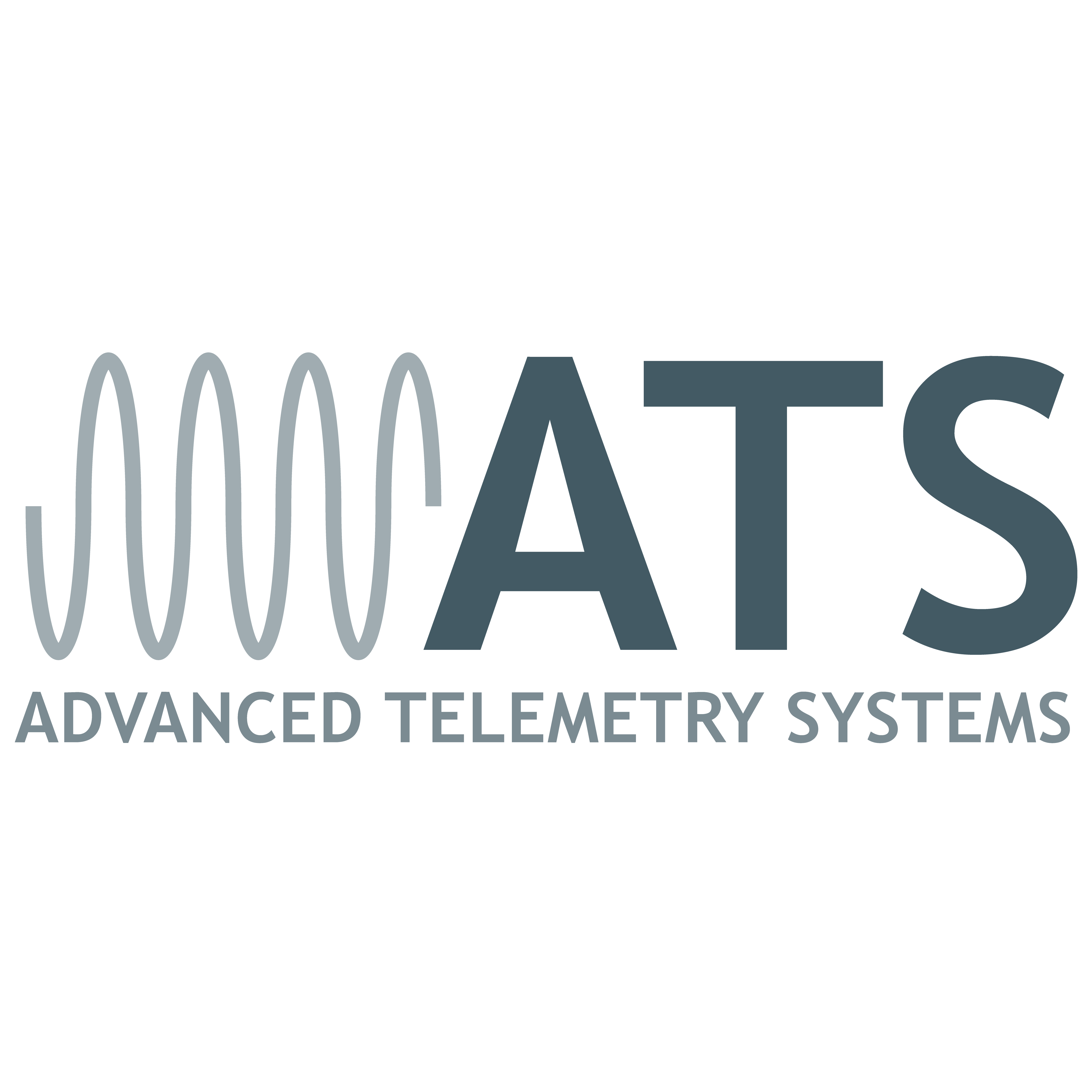
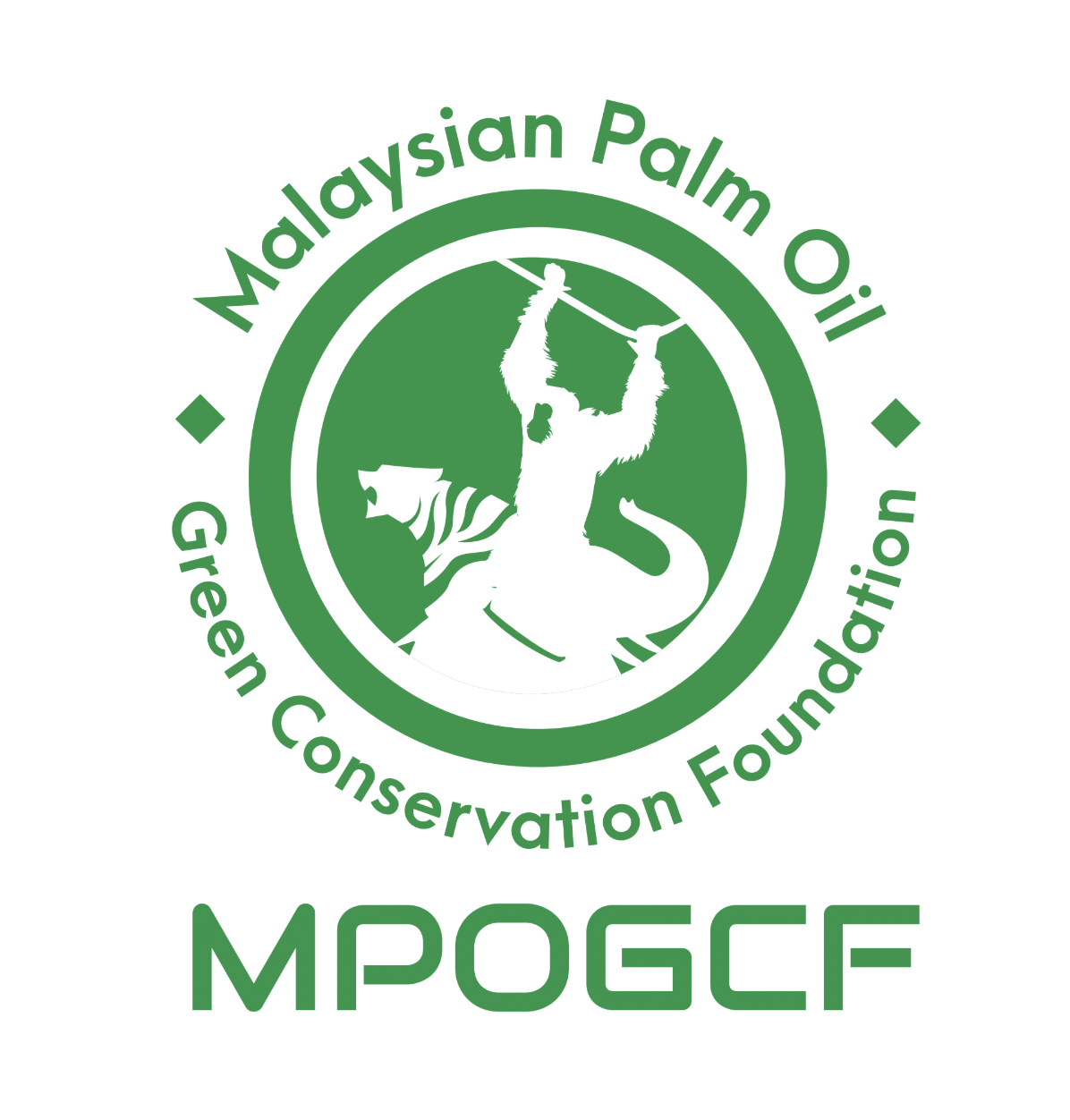
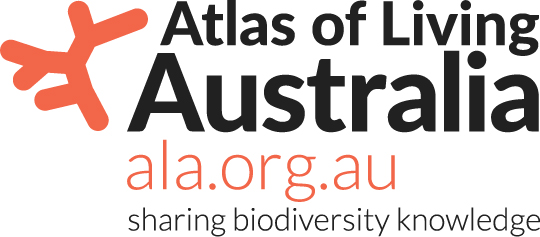
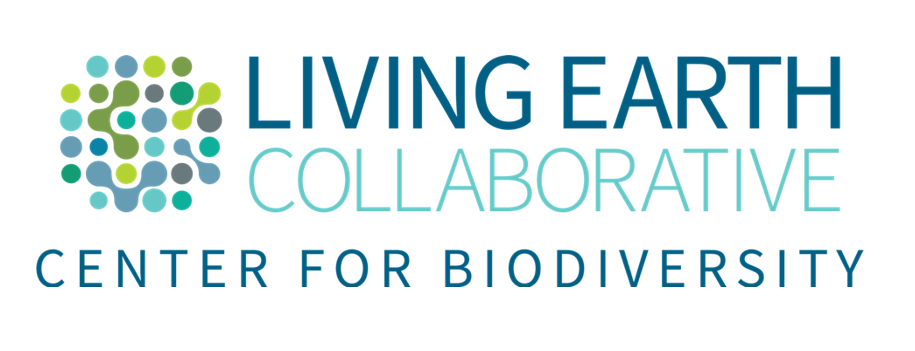
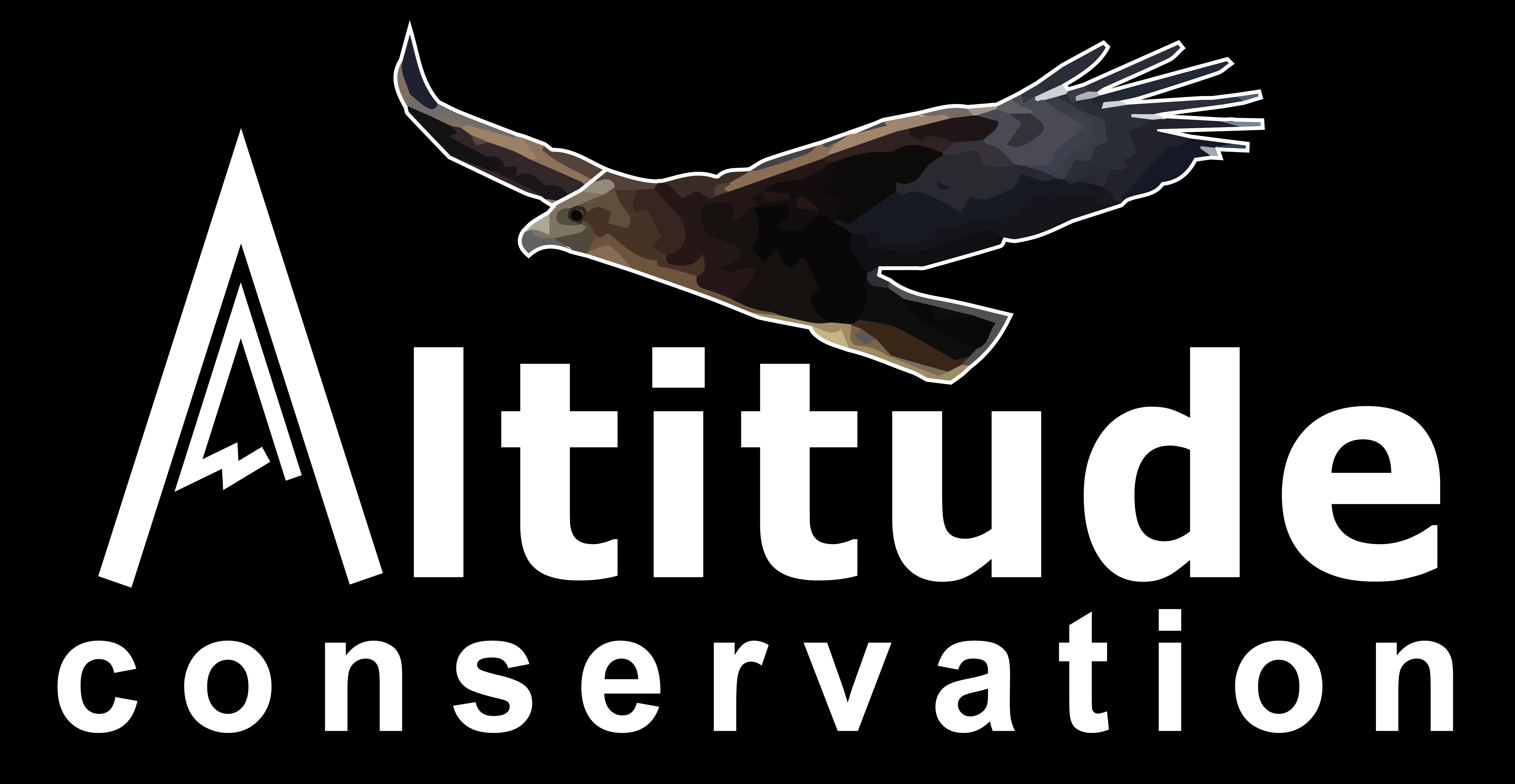
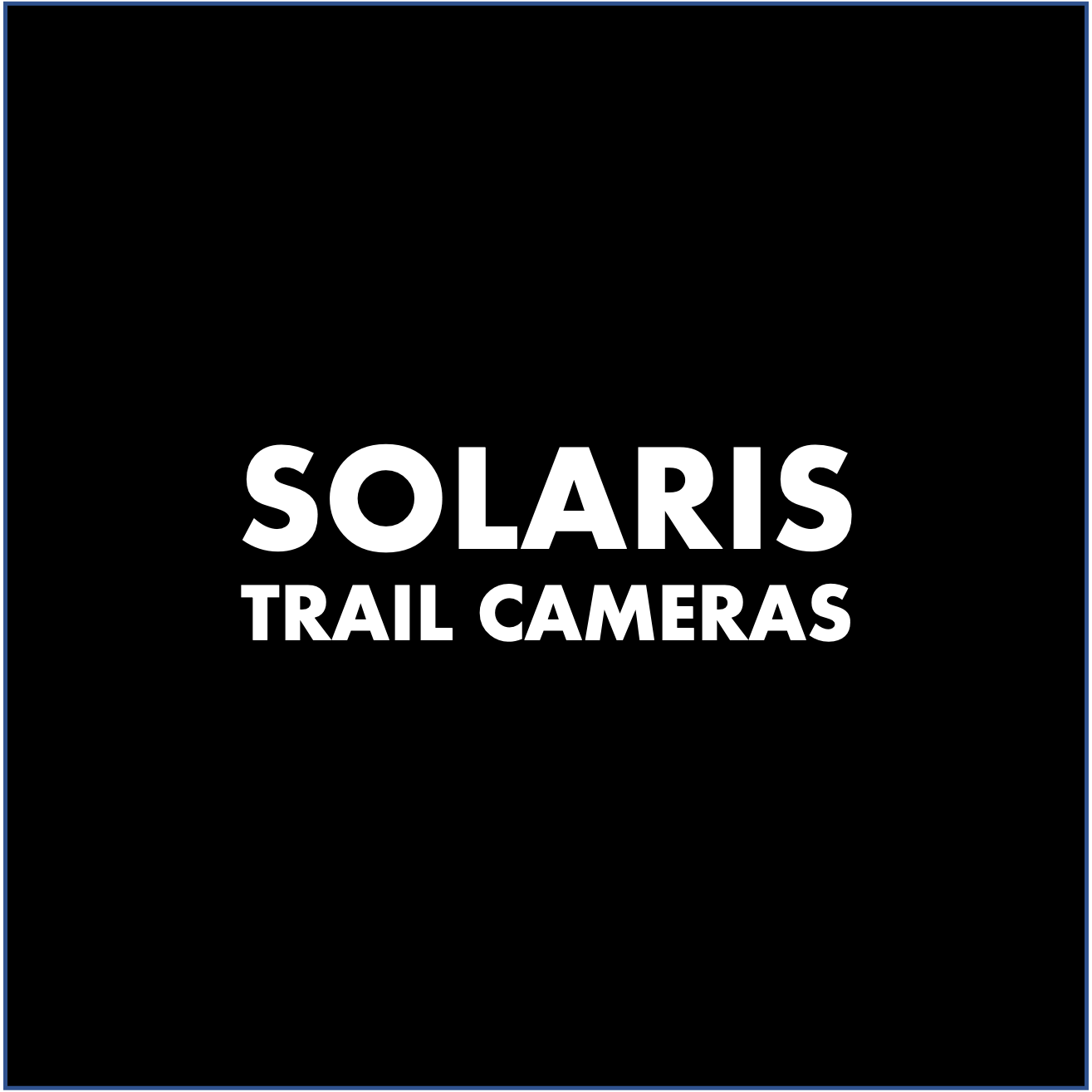
_(1).svg)